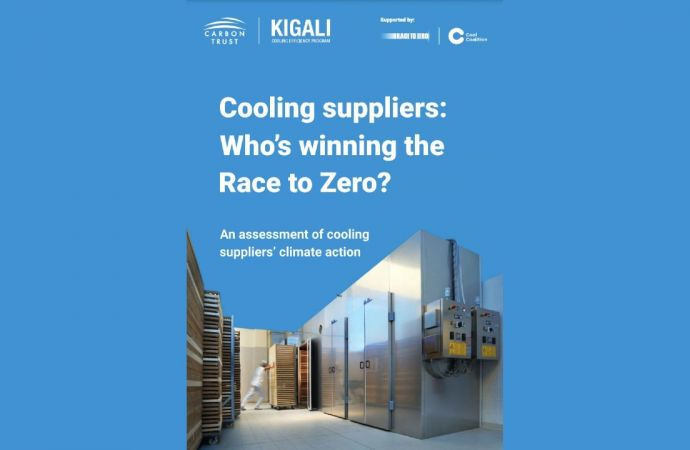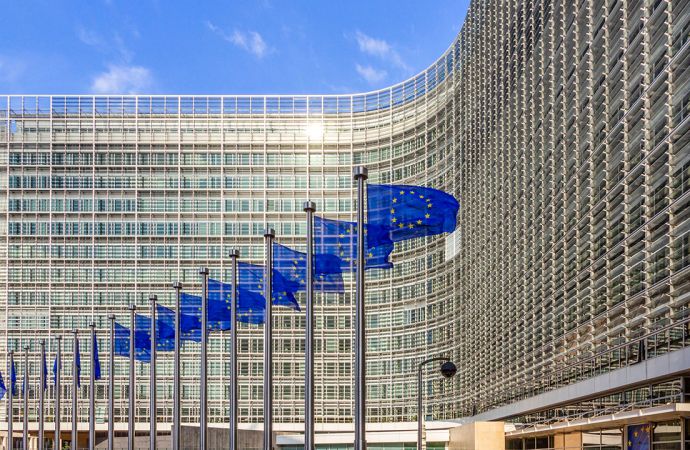In June 2012, Rio de Janeiro, Brazil, will host Rio+20, where the transition to a green economy will be at the forefront of discussions. Ahead of the conference Brazilian HVAC&R association ABRAVA has issued a statement critical of the summit, whilst a best practice example of how to incorporate the One Planet Living Initiative in the refrigeration sector will be presented at a side event.

The United Nations Conference on Sustainable Development (UNCSD), known as “Rio +20”, is a seminal event that marks the 20th anniversary of the Earth Summit held in Rio de Janeiro in 1992, where stakeholders will come together to share ideas on sustainable growth and development. Whilst the conference will address several key themes including energy, there has been little emphasis on the HVAC&R sector and no mention of the role that natural refrigerants can play within a green economy.
ABRAVA: energy efficiency sidelined from Rio+20 agenda
In the current version of the Rio+20 Outcome Document, paragraph Energy 4 states the importance of recognising ‘the need for energy efficiency measures in urban planning, buildings, and transportation, and in the production of goods and services and in the design of products’.
However, according to Brazilian HVAC&R association ABRAVA (Associação Brasileira de Refrigeração, Ar condicionado e Aquecimento) this paragraph does not create a strong enough mandate for the HVAC&R sector to improve their energy efficiency and increase the sustainability of their operations.
Given the importance heating and cooling systems to industrial processing, private, public and commercial buildings, transport and the food industry, and the fact that the HVA&R sector is responsible for 30% of Brazilian energy consumption, ABRAVA believes that the HVAC&R industry deserves special attention within Rio+20 discussions surrounding industrial policy, energy use, and environmental sustainability. In a position statement issued prior to the event ABRAVA advocates policies such as tax breaks that favour energy efficiency and incentives for the replacement of old equipment with the new more efficient, properly certified systems.
Refrigeration giant to promote One Planet Living Initiative at Rio+20
Latin America’s leading company for the design, development, and manufacturing of commercial refrigeration coolers, Imbera, will take part in Rio+20 as a One Planet Living partner. One of the first companies in the commercial refrigeration industry to commit to the use of One Planet Living framework, the company will share their experiences in implementing the ten principles of the Initiative at a sustainable development workshop and a corresponding event prior to the Summit.
The company aims to lead the industry not only by offering the most efficient and environmentally friendly cold merchandisers, but by being one of the most sustainable companies overall. In the last 10 years it has achieved more than an 80% reduction in the energy consumption of its products.
Background
The original Rio summit back in 1992 delivered a number of key frameworks that have gone on to shape international environmental policy, including the Climate Change Convention, Agenda 21, and the Convention on Biological Diversity.
In 2012 representatives from more than 190 countries, including 130 leaders, will be in attendance, in addition to an estimated 50,000 participants from civil society and business groups, who will take part in side events and the People's summit.
The One Planet Living Initiative principles are:
- Making buildings more energy efficient and delivering all energy with renewable technologies
- Reducing waste, reusing where possible, and ultimately sending zero waste to landfill
- Encouraging low carbon modes of transport to reduce emissions, reducing the need to travel
- Using sustainable and healthy products, such as those with low embodied energy, sourced locally, made from renewable or waste resources
- Choosing low impact, local, seasonal and organic diets and reducing food waste
- Using water more efficiently in buildings and in the products we buy; tackling local flooding and water course pollution
- Protecting and restoring existing biodiversity and natural habitats through appropriate land use and integration into the built environment
- Reviving local identity and wisdom; supporting and participating in the arts
- Creating bioregional economies that support fair employment, inclusive communities and international fair trade
- Encouraging active, sociable, meaningful lives to promote good health and well being
MORE INFORMATION
Related stories














_1490973133.png)
